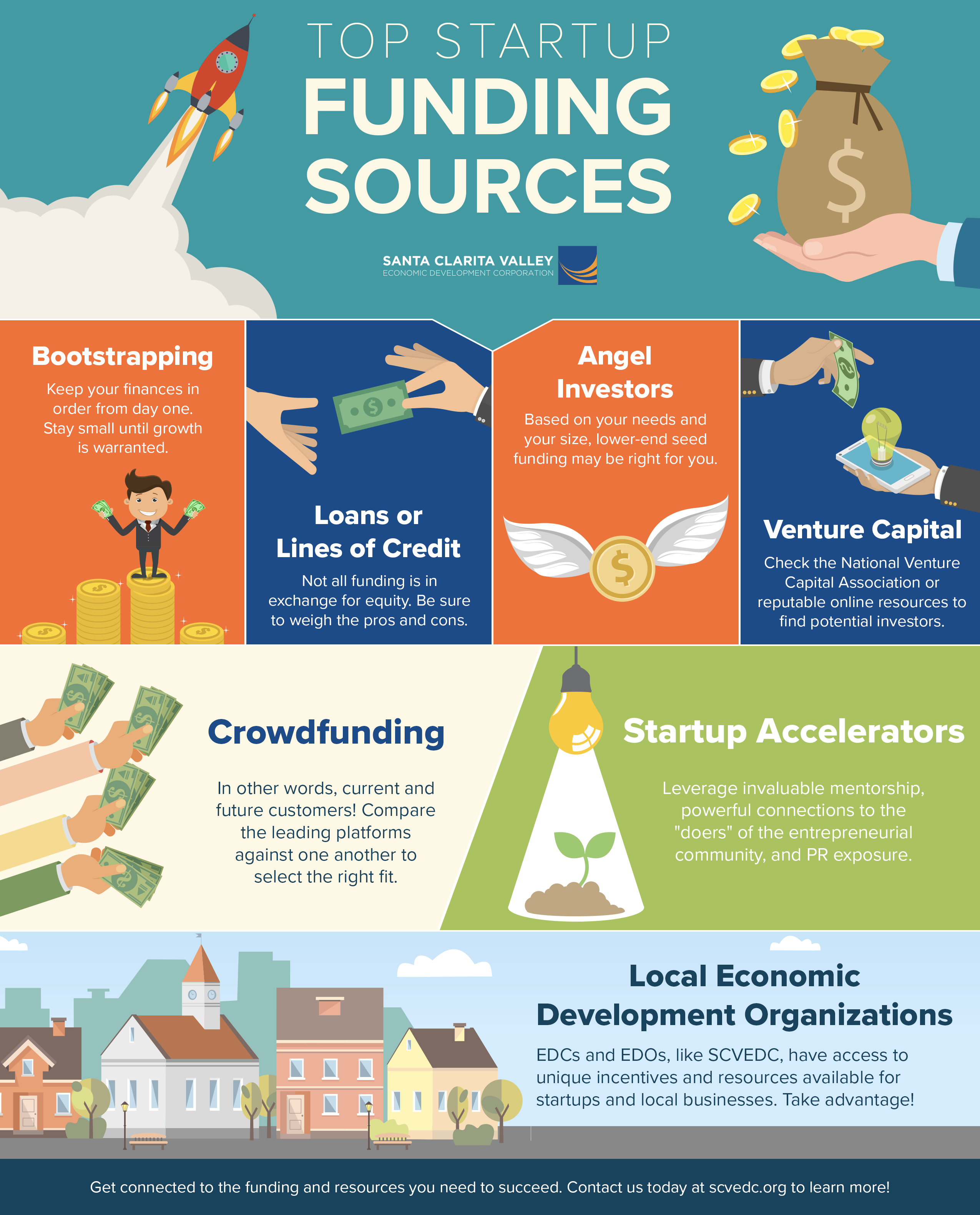How To Get Money For A New Business

Imagine the thrill: your business plan is polished, your passion is ignited, and the market is ripe for your innovative idea. But then reality hits – the daunting question of funding. Where do you find the capital to transform your dream into a thriving enterprise? Don't worry; many entrepreneurs have successfully navigated this challenge before.
This article serves as your guide to securing funding for your new business, exploring diverse options and providing actionable insights to help you launch successfully. We'll delve into strategies that range from bootstrapping to venture capital, empowering you to make informed decisions and build a solid financial foundation.
Understanding Your Funding Needs
Before diving into funding sources, it's crucial to determine precisely how much capital you require. Create a detailed budget that outlines all startup costs, including equipment, inventory, marketing, and operational expenses. Don't forget to factor in a contingency fund for unexpected costs.
Accurately assessing your needs will help you target the right funding options and avoid over-borrowing or under-funding. This groundwork is essential for presenting a compelling case to potential investors or lenders.
Bootstrapping: The Self-Funded Route
Bootstrapping involves using your personal savings, income from existing jobs, or selling assets to fund your business. This method gives you complete control and avoids debt, but it may limit your growth potential.
Bootstrapping is ideal for businesses with low startup costs or those that can generate revenue quickly. It demonstrates resourcefulness and commitment, qualities that resonate with future investors.
Friends and Family: A Personal Investment
Seeking financial support from friends and family can be a viable option, especially in the early stages. However, it's crucial to approach these relationships with professionalism. Treat the investment as a formal loan, with clear terms and repayment schedules.
Clearly defining the terms of the investment prevents misunderstandings and protects personal relationships. Having a written agreement can provide clarity and peace of mind for all parties involved. Be open to offering equity in exchange for funding, this is one way to sweeten the deal.
Small Business Loans: Traditional Financing
Small business loans from banks or credit unions offer a more formal financing route. Lenders will assess your credit history, business plan, and collateral to determine your eligibility. The Small Business Administration (SBA) guarantees loans to reduce risk for lenders, making it easier for small businesses to qualify.
According to the SBA, they do not directly lend money to small businesses. Rather, they set guidelines for loans that are made by its partnering lenders, community development organizations, and micro lending institutions.
Grants: Non-Repayable Funding
Business grants, offered by government agencies and private foundations, provide funding that doesn't need to be repaid. While highly competitive, grants can be a valuable source of non-dilutive capital. Look for grants specifically tailored to your industry, location, or demographic.
Research grant opportunities through websites like Grants.gov and the SBA. Be prepared to submit a detailed proposal outlining your business plan and how your venture aligns with the grant's objectives. A winning grant can give your business a solid foundation.
Angel Investors: Early-Stage Support
Angel investors are individuals who invest their personal funds in early-stage companies. They typically provide capital in exchange for equity, often offering mentorship and guidance alongside funding. Connect with angel investor networks and pitch your business idea.
Angel investors are often seasoned entrepreneurs themselves. Their expertise can be invaluable in helping you navigate the challenges of starting a business.
Venture Capital: High-Growth Potential
Venture capital firms invest in high-growth startups with significant potential for return. This option is best suited for businesses with scalable models and a strong team. Securing venture capital requires a compelling pitch deck and a thorough due diligence process.
Venture capital can provide substantial funding, but it also comes with increased scrutiny and expectations. Be prepared to relinquish some control and focus on achieving aggressive growth targets.
Crowdfunding: Leveraging the Crowd
Crowdfunding platforms allow you to raise money from a large number of individuals, typically in exchange for rewards or equity. This option is effective for businesses with a strong online presence and a compelling story. Platforms like Kickstarter and Indiegogo can help you reach a broad audience.
Crowdfunding is a great way to test market demand for your product or service. A successful campaign can generate early adopters and build brand awareness.
Conclusion
Securing funding for a new business is a journey that requires research, planning, and resilience. By exploring diverse options and tailoring your approach to your specific needs, you can find the capital to fuel your entrepreneurial dreams. Embrace the challenge, remain adaptable, and never lose sight of your vision. Your business success story is waiting to be written.


















